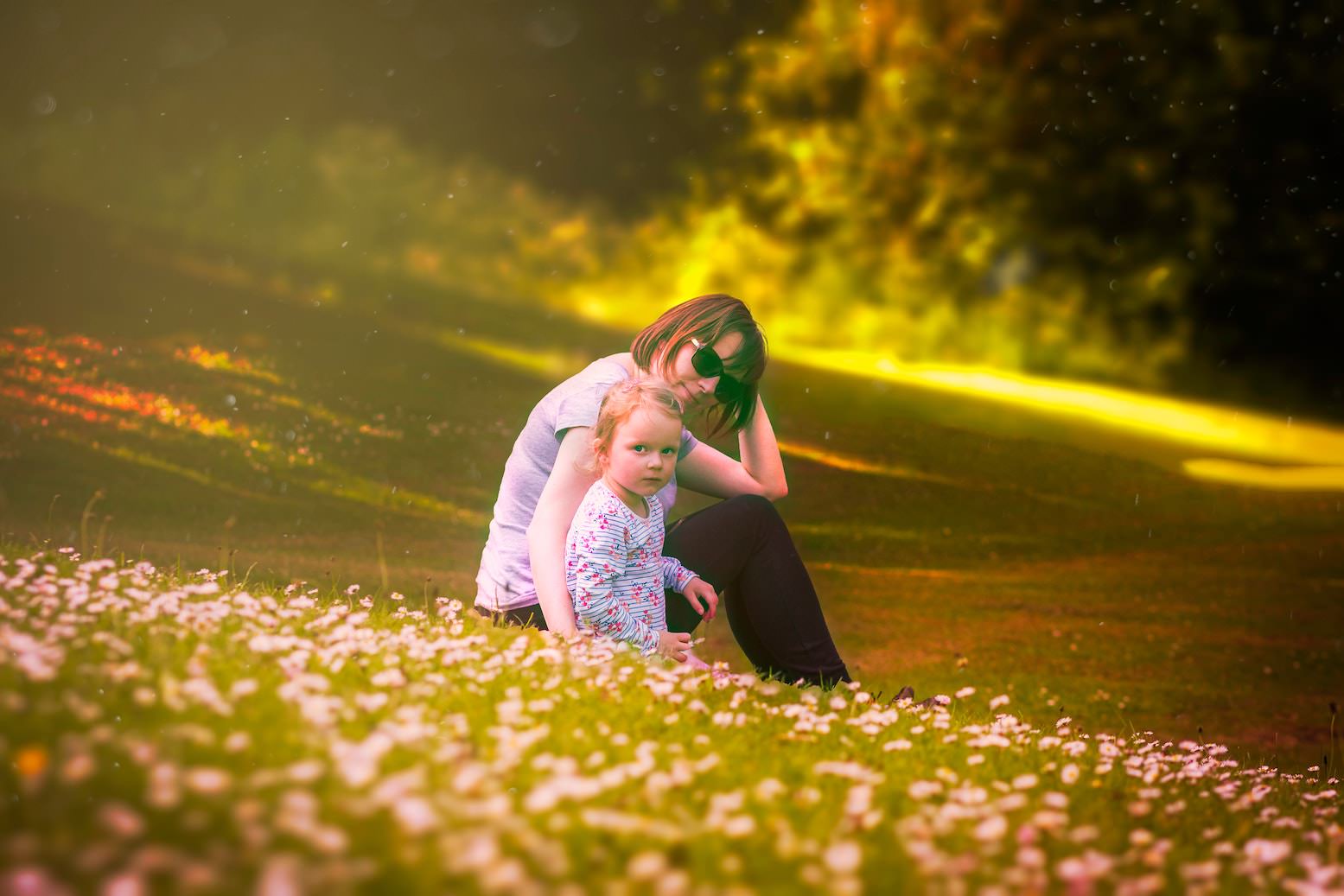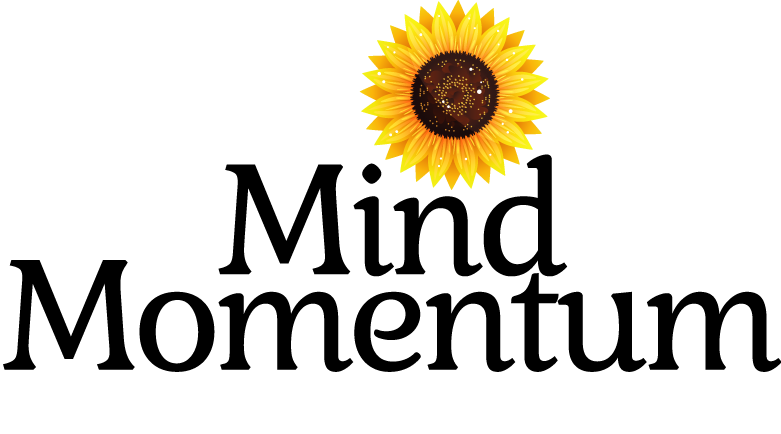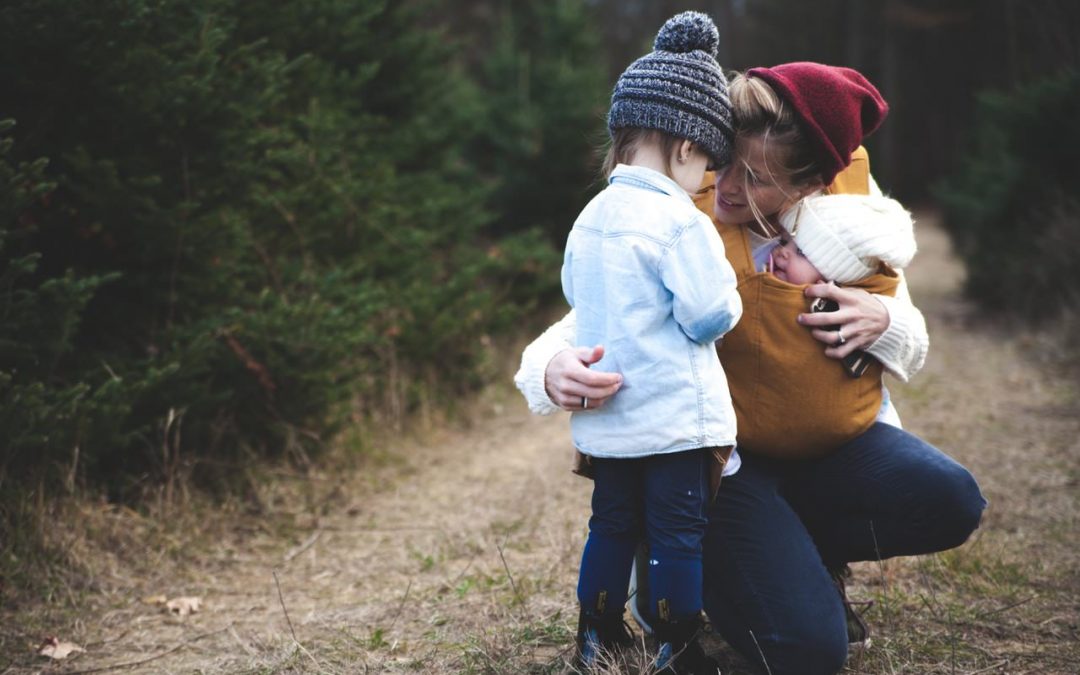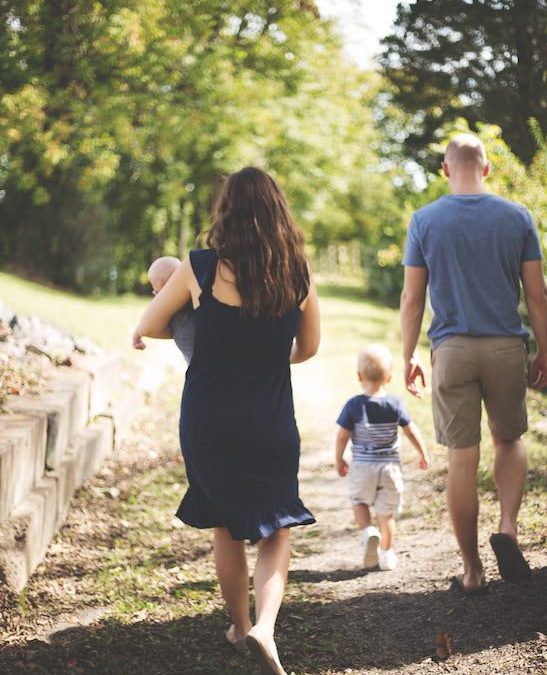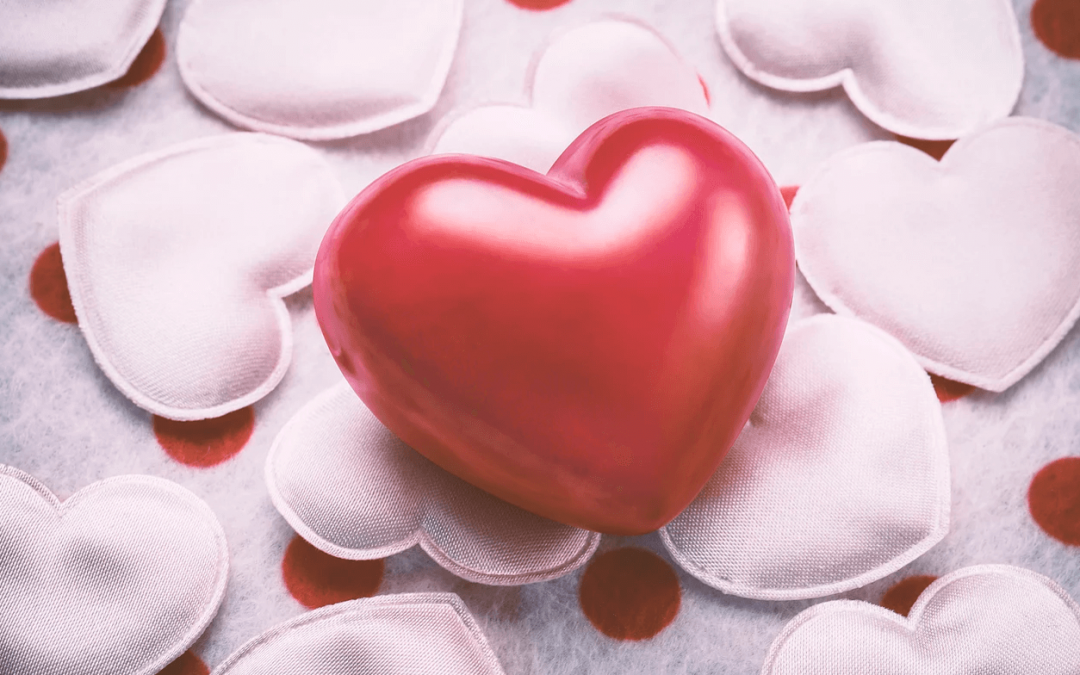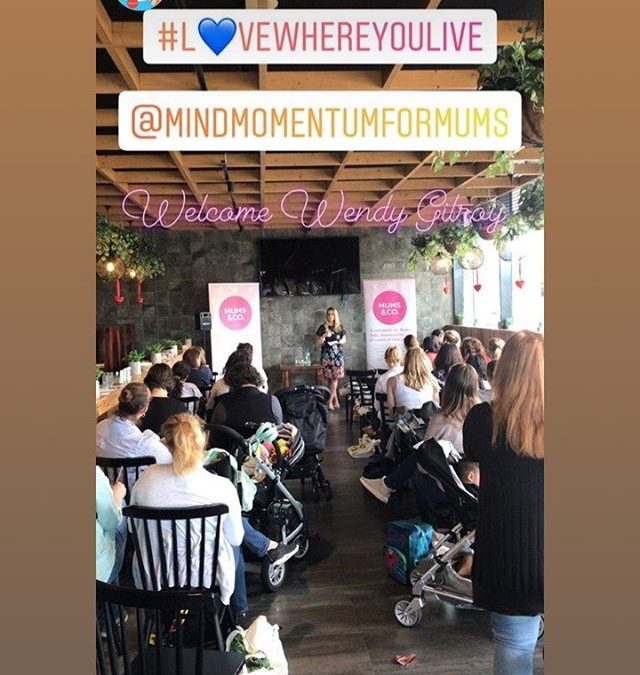I was truly astounded when I heard that up to 50% of mothers are suffering from Postnatal Depletion!
‘Postnatal what?!’ you might be asking.
Let me explain.
Several years ago, when I was doing a whole lot of reading and research in the area of postnatal depression (PND), I came across the health condition known as Postnatal Depletion. At that time, I thought I’d read quite widely, and it surprised me that amongst much of the research, and organisations that support mothers with their mental health, no-where had I heard a doctor, midwife, psychologist, psychiatrist or other health professional mention postnatal depletion!
I was aware of the red flags and the symptoms of clinical depression, anxiety, even postnatal psychosis… but, unfortunately, I wasn’t familiar with anyone talking about postnatal depletion.
I was baffled.
This is what postnatal depletion looks and feels like for a mother:
* Anxiety
* Decreased libido
* Guilt/shame
* Inability to cope
* Loss of self-confidence
* Sense of isolation
* Sense of powerlessness/diminishment
(Serrallach, O. (2018), The Postnatal Depletion Cure. Hachette Australia)
And what’s worse than experiencing these symptoms day after day, week after week? It’s understanding that mother’s suffering from postnatal depletion can feel this way for YEARS, if they don’t seek the specific treatment that their mind and body NEEDS.
This is why so many mothers out there are still feeling so depleted, literally, when their babies are no longer babies.
And here’s the thing, postnatal depletion affects so many more mothers than PND does… but I only know of these statistics now, in 2018.
Since learning much more from Dr. Oscar Serrallach – an Australian doctor who has come to specialise in this area through seeing so many mums suffer, and finding effective treatments that help them heal, it all suddenly seems so crystal clear to me as a mother, as well as a counsellor and therapist helping many mums from various countries, to heal from what I believe is postnatal depletion.
According to Dr. Serrallach, postnatal depletion is a syndrome that affects every aspect of a mothers life. She’ll experience a number of different symptoms; physical, emotional and psychological in nature, that stem from imbalances in her hormones, her biochemistry, her sleep patterns, her relationships, and her sense of self.
Although many mothers presenting with symptoms of postnatal depletion can be misunderstood, or misdiagnosed as having postnatal depression, the approach to treatment is a world apart for most patients and healthcare professionals.
Postnatal depletion is not cured by taking an antidepressant – even though a mum suffering with postnatal depletion may feel sad, down and have depressed feelings some of the time.
What this mum needs, is a holistic approach to healing, because the varied cluster of her symptoms are stemming from various causes – biological, psychological, social and even environmental.
But this may not be clear to her, her partner, or even her doctor.
Stress plays a huge part, as does her relationship with her partner in many instances, the amount of support she has in her ‘village’ since becoming a mother, the fear of being judged by others – especially other mothers, genetic susceptibility to physical or mental health problems, and environmental toxins are all players in postnatal depletion.
So, how does a mother heal, if the answer isn’t in some magic pill written out on a prescription pad?
The list includes the following (but of course, every woman is unique and needs an individual approach to her treatment):
– Micronutrient & macronutrient therapy
– Reducing stress and increasing relaxation strategies
– Balancing hormones
– Self-care
– Restoring good quality sleep
– Strengthening relationships and increasing support
And this treatment and recovery takes time, depending on how severe your symptoms and imbalances are, and how long you’ve been feeling this way.
But, if you do recognise much of this in yourself, or a woman in your life you know and care about, please start talking your way to better health.
